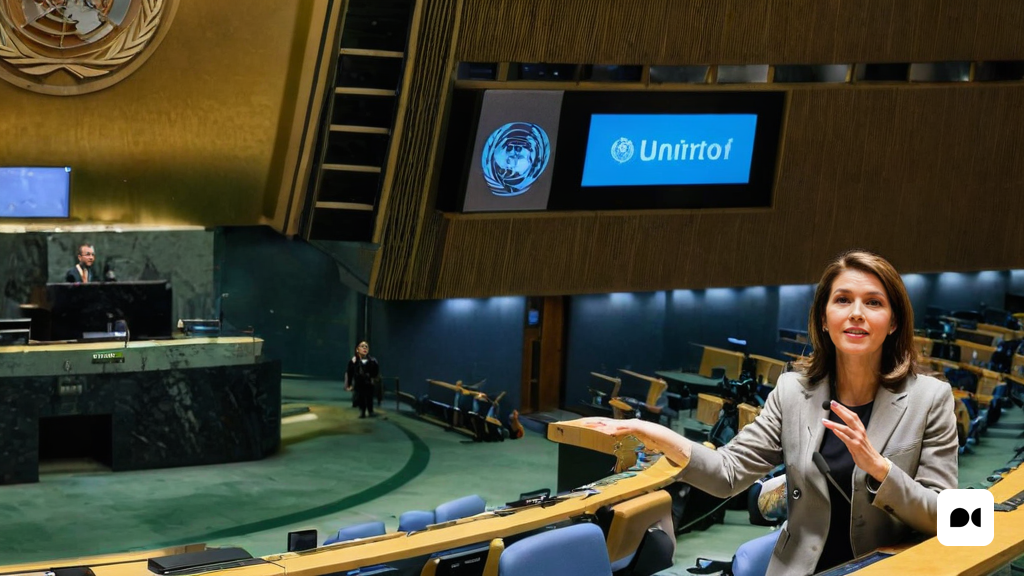Introduction
Skepticism is understandable when it comes to transforming the world, changing dominant systems, or simply turning the tables so that those below can hope to change places. But, at the same time, we must be able to read the reality with a dose of optimism with our feet on the ground.
The recognition of the ESS at the UN
April 18, 2023 was a historic day at the UN. For the first time in history, a resolution was approved that recognizes the importance and role of SSE in achieving the goals of sustainable development and promoting social justice.
What does this recognition mean?
This recognition provides more global legitimacy for SSEs, giving them greater legitimacy and recognition on the world stage. This can lead to greater knowledge and understanding of the contributions of SSE to economic, social and environmental sustainability. By 2024, we can expect wider recognition of the role of SSE in policy discussions and international development agendas.
Empowerment of local and grassroots initiatives
SSE is often rooted in local, small and grassroots initiatives. The UN resolution will likely empower these entities, encouraging member states to recognize and support their efforts. This could mean an increase in funding, capacity building and technical support for small SSE organisations, which could start to become more visible in 2024.
Promote sustainable development
Central to SSE is its alignment with sustainable development. The resolution reaffirms this alignment and could lead to more SSE initiatives explicitly designed to contribute to the SDGs. In the coming year, we expect to see SSE projects that are more focused on sustainable outcomes, especially in sectors such as renewable energy, sustainable agriculture and community tourism.
Challenges and limitations
Despite the optimism, it is important to recognize the challenges and limitations. Transforming policy into action takes time, and the real impact on the ground of resolution could be more gradual than immediate. In addition, the varying capacities of member states to support SSE, together with economic constraints, could affect the pace of implementation.
In conclusion, while 2024 is unlikely to see a complete transformation of the SSE landscape due to this resolution, it does set the stage for significant progress. The key will be how the United Nations, member states and other actors translate this resolution into concrete actions that empower and eliminate SSE globally.
For full details on the UN resolution, you can visit the dedicated page here.
Conclusion
Now it’s our choice. We trust? do we doubt The glass is half full or half empty. The truth is that something relevant has happened for the first time. And what is also clear is that it is each of us who, with our actions, will facilitate the transit of SSE from politics to concrete reality.

